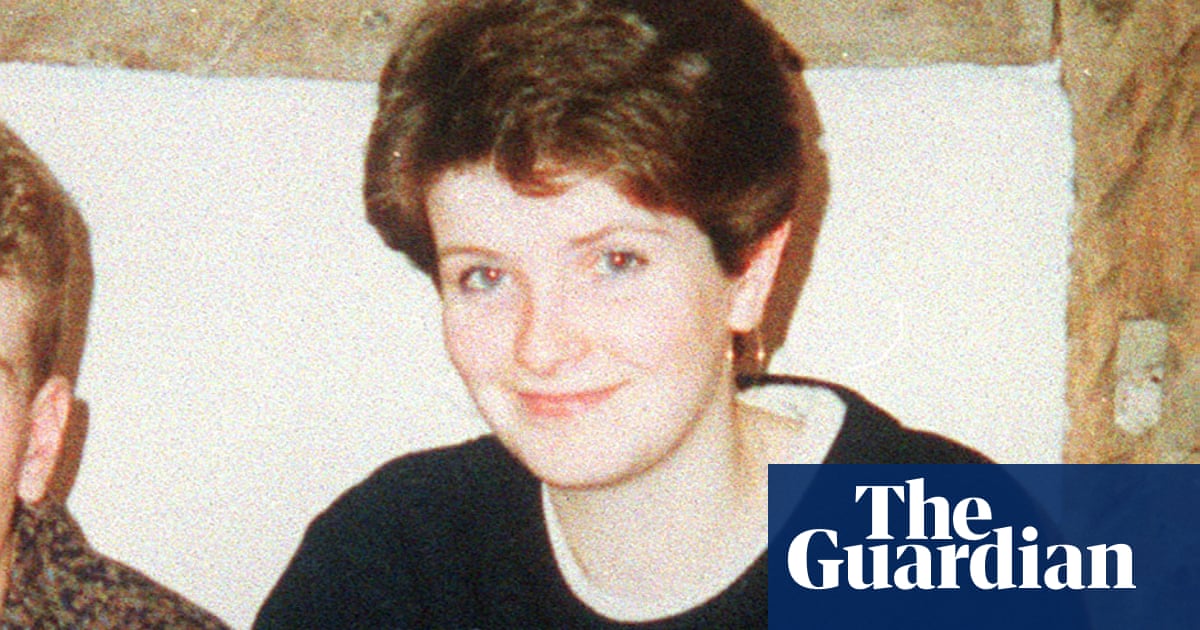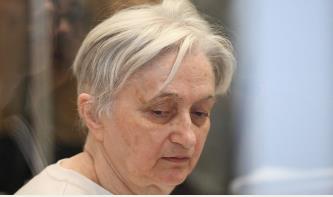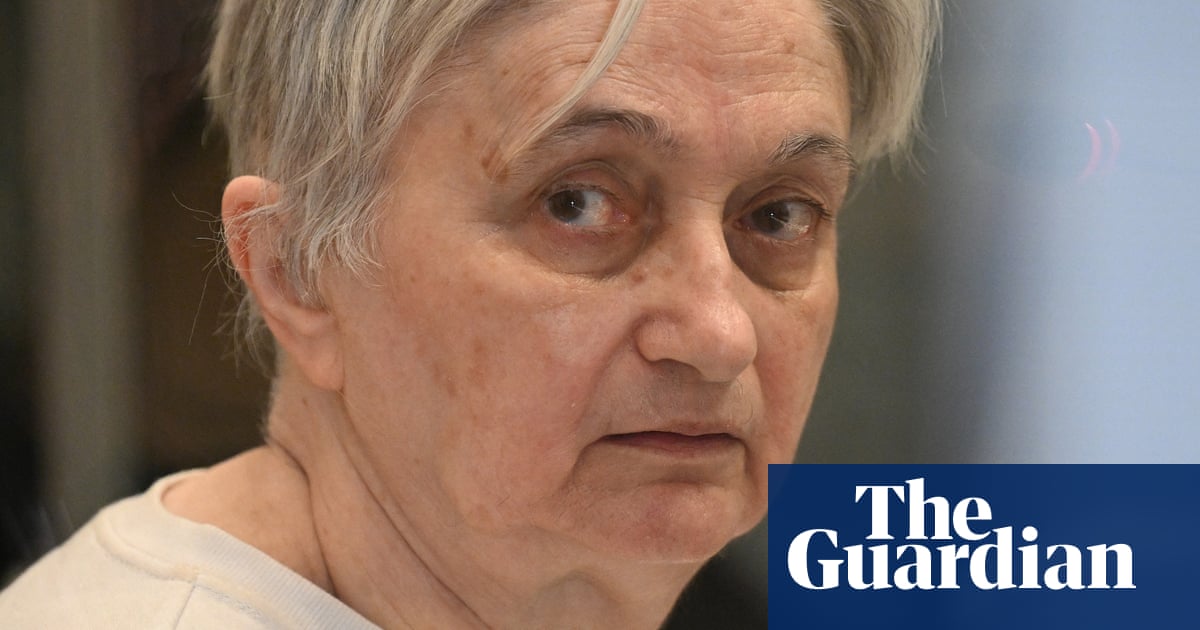
The ex-wife of the French serial killer Michel Fourniret has been found guilty of complicity in the murder of British student Joanna Parrish and two other French victims.
Monique Olivier, 75, had admitted the accusations, but a panel of three judges and six jurors still took more than 10 hours to find her guilty after a three-week trial.
She was sentenced to life imprisonment, with a minimum term of 20 years. Olivier is serving life in prison for her role in the almost two-decade campaign of kidnaps and killings that traumatised France.
For Roger Parrish, a retired civil servant from Newnham on Severn in Gloucestershire, his ex-wife, Pauline Murrell, the couple’s son Barnaby and Joanna’s then boyfriend, Patrick Proctor – who had travelled to Paris for part of the trial – it was a last hope of justice after 33 years.
Fourniret, known as the “Ogre of the Ardennes”, was jailed for life in 2008 for the murder of seven other girls and young women. It was another decade before he admitted killing Parrish and two more victims whose bodies have never been found – 19-year-old Marie-Angèle Domèce, who disappeared in 1988, and nine-year-old Estelle Mouzin, who vanished in 2003. Fourniret died in 2021, aged 79, before he could be brought to trial for the murders.
Defendants in French trials do not make a plea but Olivier had told the court, referring to the three killings: “I acknowledge all the facts, the three facts of which I am reproached.”
Olivier told the court that Fourniret beat Parrish, 20, unconscious on 16 May 1990 before raping and strangling her and throwing her body in the River Yonne near the Burgundy town of Auxerre. Her naked body was found the next morning. Olivier admitted that her role in helping him lure Parrish to her death was “monstrous … unforgivable”.
Shown a photograph of Parrish’s battered face, she said: “It’s not possible. I regret it. It’s monstrous what we did, me and him, it’s unforgivable and if it was my daughter … she was beautiful, she did not deserve that and I am sorry.”
The couple’s modus operandi was that Olivier should lure the victims into the vehicle, as a woman was less likely to make them fearful or suspicious. Fourniret would be waiting in the back or standing further along the road with an empty petrol can, pretending he had broken down and needed to be picked up. Often the couple would use their son, Selim – then a baby, now aged 35, who was called as a witness – as further reassurance to potential targets.
Parrish, a Leeds university language student who was spending eight months working as a teaching assistant at a secondary school in Auxerre, had placed a small ad in the local newspaper offering teaching and babysitting services. She was hoping to raise money to visit her boyfriend, Patrick Proctor, who was studying Russian in what was then Czechoslovakia.
She told a flatmate she was meeting a man who wanted her to teach English to his son. Olivier outlined how she and Fourniret had persuaded the young woman to get into their van.
Didier Seban, a lawyer representing the Parrish family, asked repeatedly why Olivier – who remained in the vehicle when Fourniret attacked Joanna, but insisted she had not looked round – had not acted when she heard the young woman scream and the sound of her husband beating her.
“She would not have got into the car had you not invented this story of English lessons … you should have stopped him. You knew she would die the moment she got in,” Seban said.
In an often chaotic trial, in which Olivier appeared to retreat into herself under a barrage of questions from the presiding judge, Didier Safar, there were few answers for the father of nine-year-old Estelle Mouzin, believed to be Fourniret’s youngest victim. Olivier recalled seeing the girl sitting on a mattress in the home of Fourniret’s sister hours after he had snatched her off the street on her way home from school.
“I spoke to her a little while. She said she wanted to see her mother. I told her she’d see her soon,” Olivier told the court. Mouzin was never seen again. Olivier insisted repeatedly she had no idea where the bodies of Domèce or Mouzin were buried.
Stéphanie Pottier, lawyer for the state prosecutor’s office, said: “When a crime is committed, she is the one who follows and obeys Michel Fourniret with full knowledge of the facts. She could have fled, to not be an active accomplice, to save her victims and to denounce him, but she did not make these choices. They were a murderous team, a couple with absolute criminal complicity.”
Before the jury retired, Olivier apologised to the victims’ families. “I ask for forgiveness … knowing that what I did is unforgivable. I regret everything I did,” she said.












